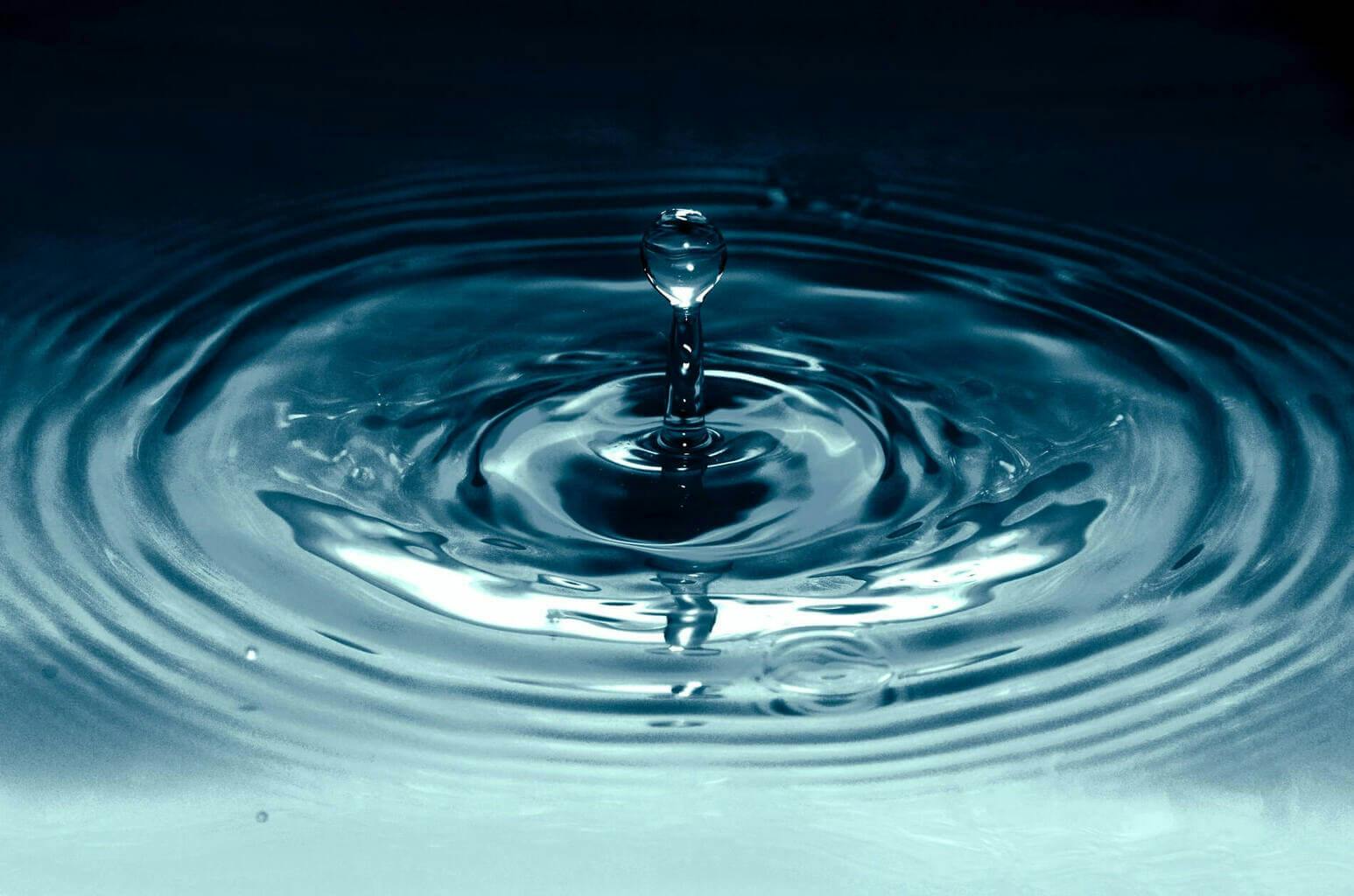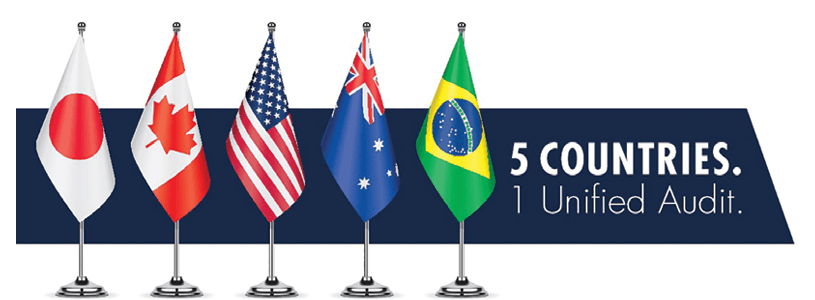
The regulatory realm of medical devices is in a state of flux and poised on the brink of the most significant change to the landscape in decades.
Despite the postponement of the EU Medical Devices Regulation’s implementation to May 2021 appearing to offer breathing room, it has actually shortened the transition time for many manufacturers!
While Europe may seem a world away from Asia/Pacific and North America– particularly in the context of our 2020 ‘bubbles’ – the MDR comes with ripple effects to other territories.
Medical Devices Regulation: Challenges

Medical device sponsors and manufacturers must be acutely aware of the regulatory status of their products and implement a robust strategy to navigate the next few years to ensure continuity of product supply.
More than 90% of devices on the Australian Register of Therapeutic Goods (ARTG) are based on CE certification . While this strategy has been popular for good reason, it is now under significant strain as:
- All products must be re-certified (no grandfathering of MDD certificates)
- There are significantly fewer Notified Bodies: to date – 17 for MDR vs 50+ for MDD
- There are fewer Notified Bodies for each specific scope – so niche products have less choice
- More rigorous requirements – certification can take longer as stakeholders become familiar with the new requirements
- The transition has been hindered by the pandemic – limited new Notified Body designations and manufacturer inspections have occurred this year.
ROW Planning is Key for Sponsors
Recent Australian Therapeutic Goods Administration (TGA) guidance, on lapsing CE certificates, clearly indicates that a ‘wait and see’ approach will not be acceptable for medical devices at risk of being cancelled from the ARTG.
Sponsors must engage with manufacturers on certification status, and actively plan for potential interruptions to their conformity assessment evidence. Lines of communication between sponsors and manufacturers and the TGA, MUST remain open and transparent during this period to facilitate continuity of supply.
Pathways to Compliance
Perhaps more than ever, it is important to note that CE certification is not the only pathway to achieving medical device registration in Australia.
Conformity assessment evidence from other jurisdictions is also acceptable to the TGA, including evidence from the US Food and Drug Administration (FDA), Canada, Japan and MDSAP.
In the current context, it may be timely to review your registration strategy and consider whether an alternative pathway could offer advantages.

The MDSAP Advantage
The Medical Device Single Audit Program (MDSAP) has been designed to jointly leverage regulatory resources to manage an efficient, effective, and sustainable single audit program focused on the Quality Management System (QMS) and regulatory requirements of medical device manufacturers.
The requirements are based on ISO 13485 – Medical devices – Quality management systems – Requirements for regulatory purposes, and the specific requirements from the medical device regulations of the participating regulatory authorities.
MDSAP allows for recognised Auditing Organisations to conduct a single programme of regulatory audits of a medical device manufacturer that satisfies the relevant requirements of the regulatory authorities participating in the program, much as mutual recognition of PIC/S GMP audits for medicines in EU countries has worked in the past.
This is particularly relevant for manufacturers outside of Australia evaluating the feasibility of making an application to the TGA for new medical devices.
Brazil’s Agência Nacional de Vigilância Sanitária, Health Canada, and the US FDA are also participating in MDSAP and it is likely that more countries will follow in time.
Our Global Specialists Can Help You
